5 Drinks Proven to Help Starve Cancer Cells & Support Metabolic Healing
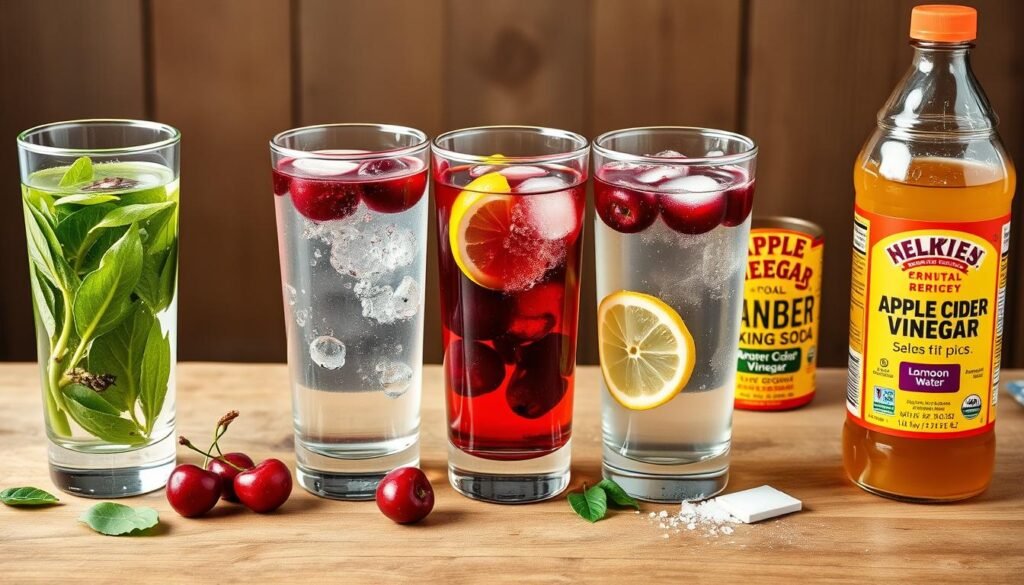
What we drink can be just as important as what we eat when it comes to creating an internal environment that’s hostile to cancer cells. While no single beverage can cure cancer, research suggests certain drinks may help starve cancer cells by disrupting their metabolic processes and supporting your body’s natural healing mechanisms.
In this evidence-based guide, we’ll explore five powerful beverages that research shows may help create conditions where cancer cells struggle to thrive, while supporting your body’s metabolic health.
These five research-backed beverages may help create an environment where cancer cells struggle to thrive.
Understanding How Cancer Cells Feed: The Metabolic Connection
Before diving into specific drinks, it’s important to understand how cancer cells differ from normal cells in their energy requirements. Cancer cells have a unique metabolism that relies heavily on glucose (sugar) and thrives in environments with high inflammation and metabolic dysfunction.
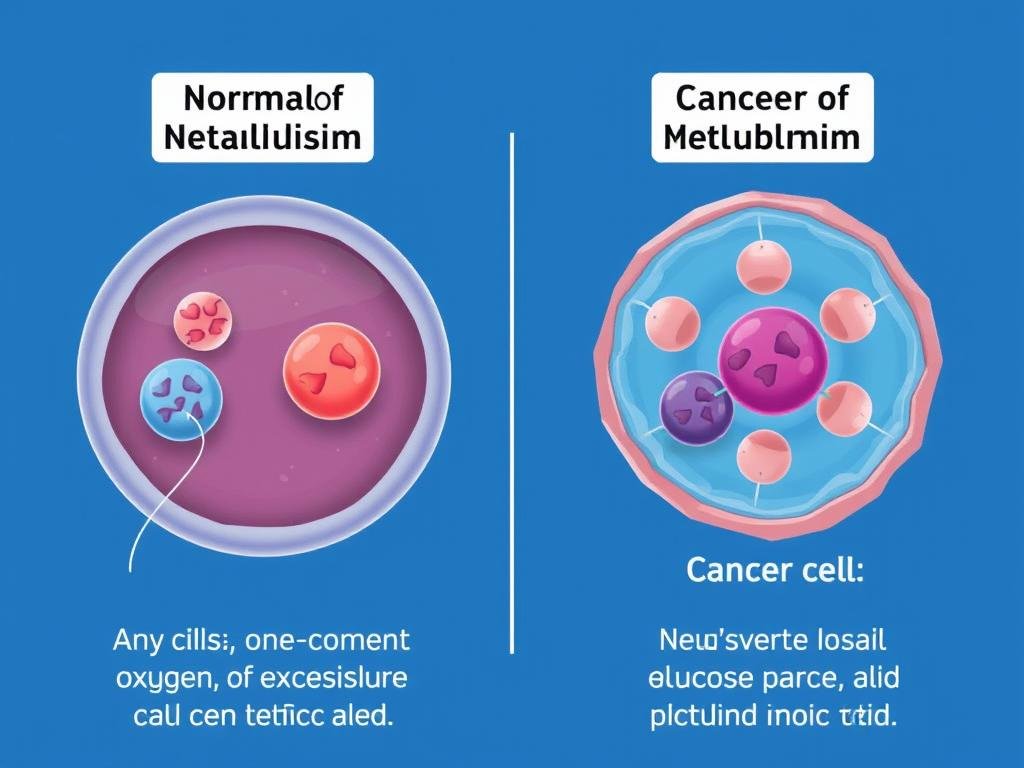
Unlike healthy cells, cancer cells primarily use a process called glycolysis for energy production, even when oxygen is present. This inefficient process requires cancer cells to consume much more glucose than normal cells. This unique metabolic profile creates potential vulnerabilities that certain beverages may help target.
“Cancer cells are addicted to glucose. They consume up to 200 times more glucose than normal cells, making their metabolism a potential target for complementary approaches.” – Dr. Thomas Seyfried, Cancer Metabolism Researcher
By understanding this metabolic difference, we can better appreciate how certain drinks might help “starve” cancer cells while supporting healthy cells.
A Personal Journey: Beverages as Part of a Healing Protocol
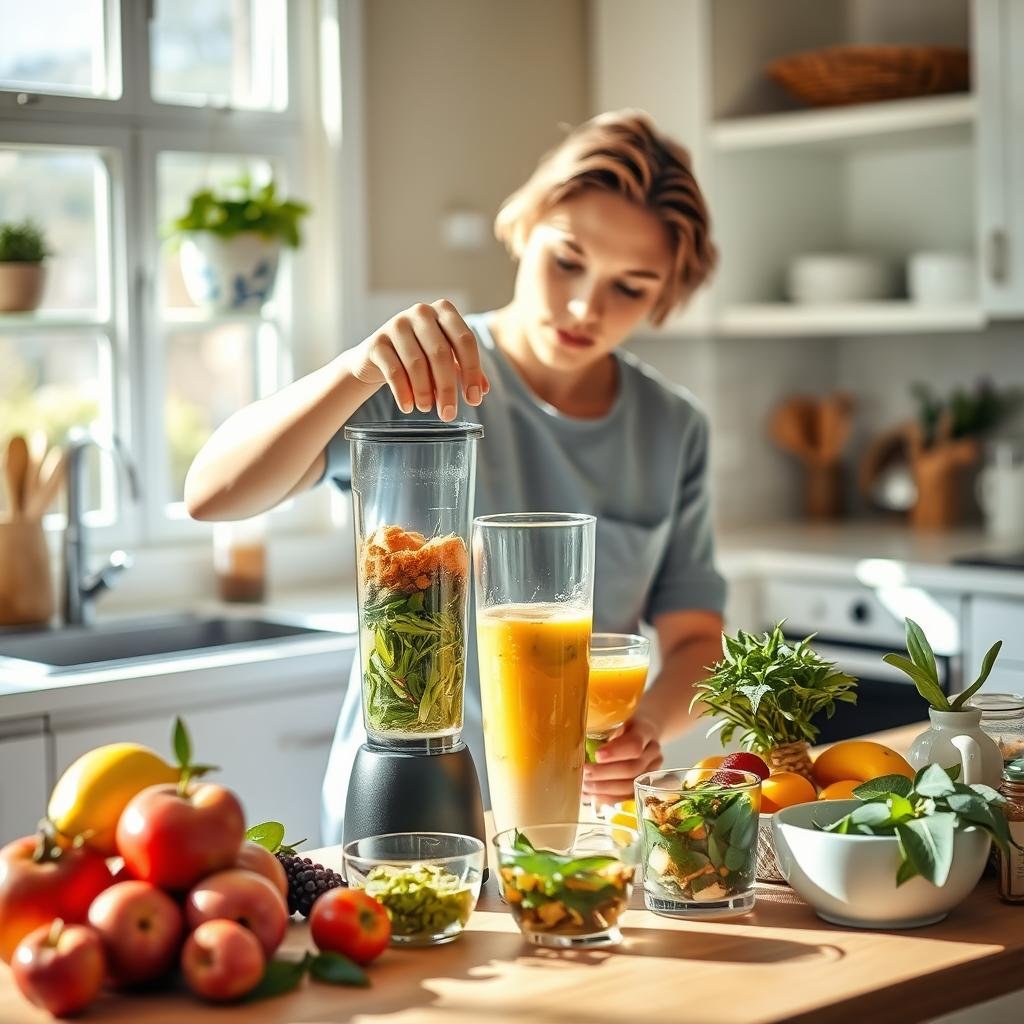
While developing this article, I connected with someone who incorporated specific beverage changes as part of their protocol while healing from a Grade 4 Diffuse Astrocytoma (brain cancer). They emphasized that changing what they drank was just as crucial as changing their diet.
“I realized that everything I consumed either fed health or fed disease. The beverages I drank multiple times daily were either supporting my healing or potentially feeding cancer cells. Making strategic changes to my daily drinks became a cornerstone of my complementary approach.”
It’s important to note that these beverage changes were implemented alongside conventional medical treatment, not as a replacement. Always consult with your healthcare providers before making significant dietary changes during cancer treatment.
1. Green Tea/Matcha: The EGCG Powerhouse
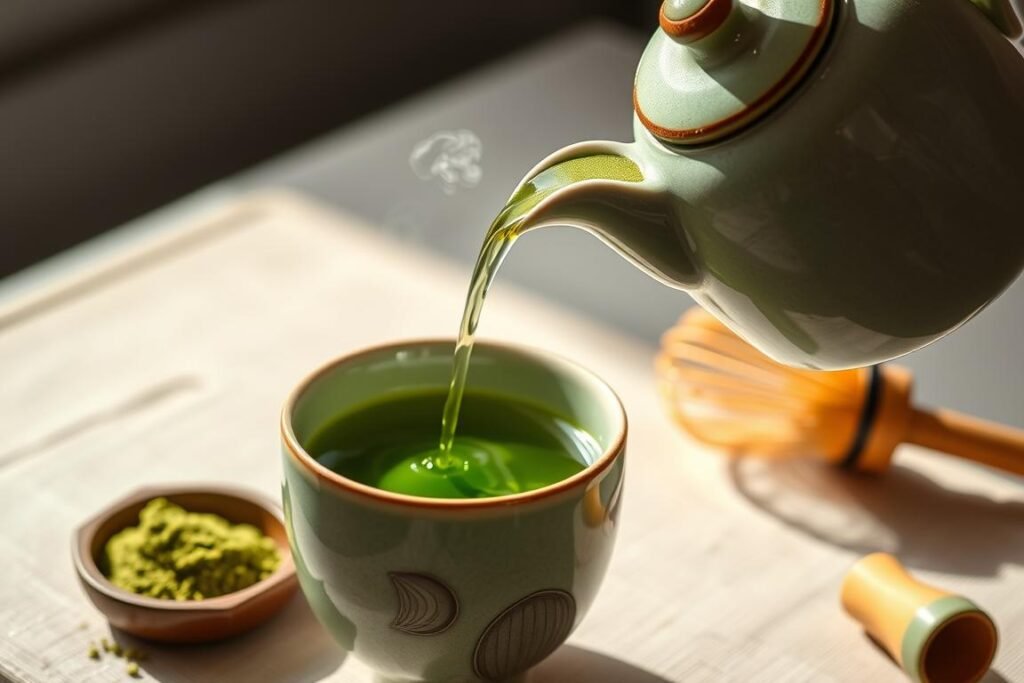
Green tea, especially in its concentrated matcha form, contains a powerful catechin called epigallocatechin gallate (EGCG) that has shown remarkable anti-cancer properties in numerous studies.
How Green Tea Helps Starve Cancer Cells:
- Blocks angiogenesis (formation of new blood vessels that feed tumors)
- Suppresses cancer stem cells, which can initiate tumor growth
- Induces apoptosis (programmed cell death) in cancer cells
- Inhibits certain enzymes cancer cells need for growth
- Contains powerful antioxidants that reduce oxidative stress
“Multiple studies have shown that EGCG in green tea can inhibit tumor growth in laboratory and animal studies. Regular consumption of green tea has been associated with lower rates of certain cancers in population studies.”
How to Prepare:
For maximum benefit, steep green tea for 3-5 minutes in water that’s just under boiling (around 175°F). Aim for 2-3 cups daily. For matcha, whisk 1 teaspoon of high-quality powder in hot (not boiling) water until frothy.
Research Note: A 2018 study published in Cancer Letters found that EGCG helps disrupt cancer cell metabolism by inhibiting certain enzymes cancer cells rely on for energy production.
Deepen Your Understanding
Want to learn more about how green tea compounds affect cancer metabolism? The National Cancer Institute offers comprehensive research summaries.
2. Hydrogen Water: Targeting Oxidative Stress
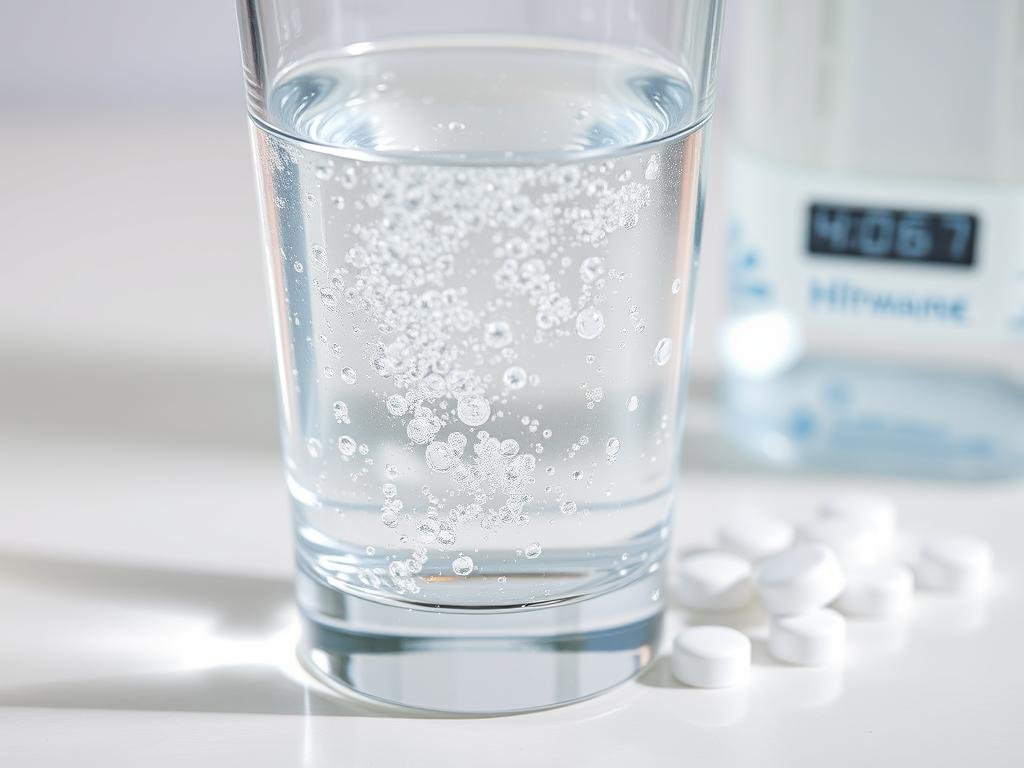
Hydrogen water contains dissolved molecular hydrogen (H₂), which acts as a selective antioxidant that can penetrate cell membranes and target harmful free radicals without interfering with beneficial cellular signaling.
How Hydrogen Water Helps Fight Cancer:
- Reduces oxidative stress that can damage DNA and promote cancer
- Supports mitochondrial function, which is often impaired in cancer cells
- Decreases inflammation, a key factor in cancer progression
- May enhance the effectiveness of some conventional treatments
- Protects healthy cells from damage during treatment
Research published in Medical Gas Research suggests that molecular hydrogen may help protect against the initiation and progression of some cancers by reducing oxidative stress-induced damage.
How to Prepare:
Hydrogen water can be prepared using hydrogen water generators, hydrogen tablets, or hydrogen-infusing water bottles. For best results, consume immediately after preparation as the hydrogen gas dissipates quickly.
Important: While promising, research on hydrogen water for cancer is still emerging. Always discuss with your healthcare provider before adding it to your regimen, especially during active treatment.
3. Unsweetened Tart Cherry and Blueberry Juice: Melatonin Boosters
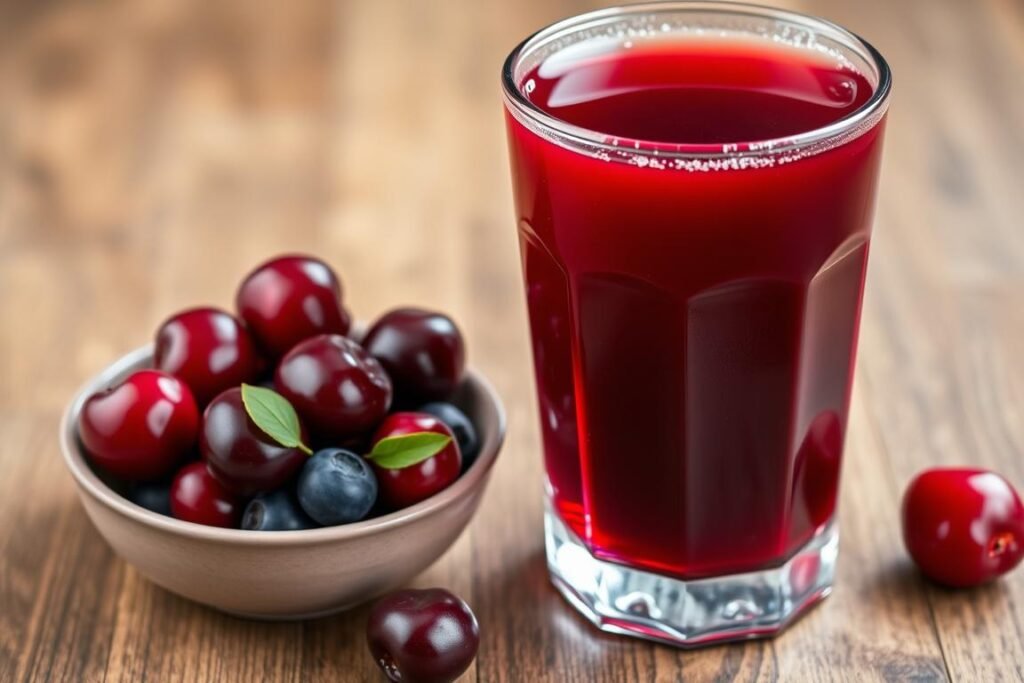
Tart cherries are one of nature’s richest sources of melatonin, a hormone that regulates sleep but also has powerful anti-cancer properties. When combined with antioxidant-rich blueberries, this juice becomes a potent cancer-fighting beverage.
How Tart Cherry and Blueberry Juice Help Fight Cancer:
- Contains natural melatonin that promotes cancer cell apoptosis
- Rich in anthocyanins that inhibit cancer cell growth
- Provides quercetin, which has been shown to inhibit cancer progression
- Helps reduce inflammation throughout the body
- Contains compounds that may inhibit tumor angiogenesis
“Melatonin has been shown in multiple studies to induce apoptosis in various cancer cell lines and inhibit angiogenesis. Tart cherries provide one of the highest natural sources of this compound.” – Journal of Pineal Research
How to Prepare:
Use only unsweetened tart cherry juice (Montmorency cherries are best) and fresh or frozen blueberries. Blend 4 oz of tart cherry juice with ½ cup of blueberries. Strain if desired. Consume in the evening for maximum benefit from the melatonin content.
Sugar Warning: Always use unsweetened juice, as sugar can feed cancer cell metabolism. If needed, add a small amount of stevia for sweetness.
4. Lemon Water with Baking Soda: Alkalizing Support
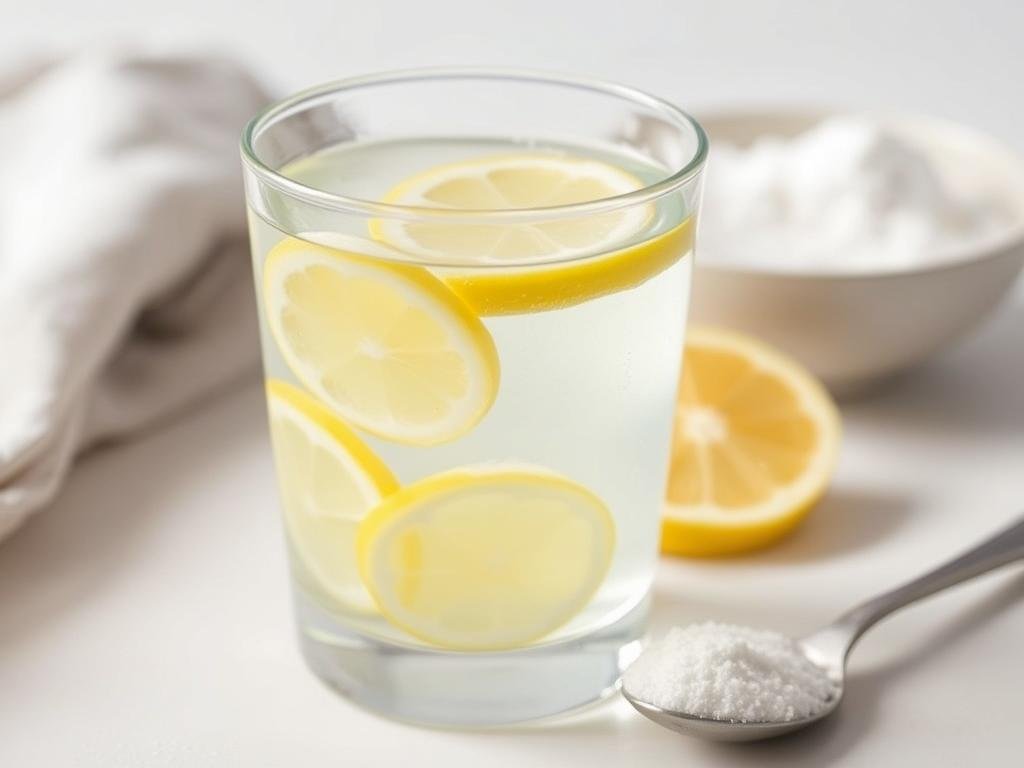
Cancer cells produce large amounts of lactic acid as a byproduct of their inefficient metabolism. This creates an acidic microenvironment that can promote cancer growth and spread. Lemon water with baking soda may help buffer this acidity.
How Lemon Water with Baking Soda Helps:
- Helps buffer excess acid produced by cancer cells
- Supports the body’s natural detoxification processes
- Provides vitamin C and citrus bioflavonoids with anti-cancer properties
- May help improve oxygen delivery to tissues
- Supports kidney and liver function during cancer treatment
While the “alkaline diet” has been controversial, there is evidence that cancer cells create localized acidic environments that promote their growth. This simple drink may help counteract that process.
How to Prepare:
Squeeze half a fresh lemon into 8 oz of filtered water. Add ¼ teaspoon of baking soda and stir until dissolved. Drink once daily, preferably in the morning on an empty stomach.
Caution: If you’re on sodium-restricted diet, medications that affect sodium levels, or have kidney disease, consult your doctor before adding baking soda to your regimen.
5. Apple Cider Vinegar: Metabolic Support

Apple cider vinegar (ACV) with “the mother” contains beneficial compounds that may help regulate blood sugar and insulin levels—important factors in cancer metabolism, as cancer cells are heavily dependent on glucose for fuel.
How Apple Cider Vinegar Helps Fight Cancer:
- Helps regulate blood glucose levels, potentially limiting cancer cells’ fuel
- Contains acetic acid that may induce apoptosis in some cancer cells
- Supports healthy digestion and gut microbiome balance
- May help reduce insulin spikes that can promote cancer growth
- Contains antioxidants that help combat oxidative stress
“Studies have shown that acetic acid, the active component in vinegar, can induce cell death in several types of cancer cells in laboratory studies. Additionally, its ability to improve insulin sensitivity may help create conditions less favorable to cancer growth.”
How to Prepare:
Mix 1-2 tablespoons of raw, unfiltered apple cider vinegar (with “the mother”) in 8 oz of water. For better taste, add a small amount of cinnamon or a touch of stevia if needed. Drink before meals to help regulate blood sugar response.
Quality Matters: Always choose raw, unfiltered apple cider vinegar with “the mother” (the cloudy substance containing beneficial bacteria and enzymes).
Implementing These Drinks Into Your Daily Routine
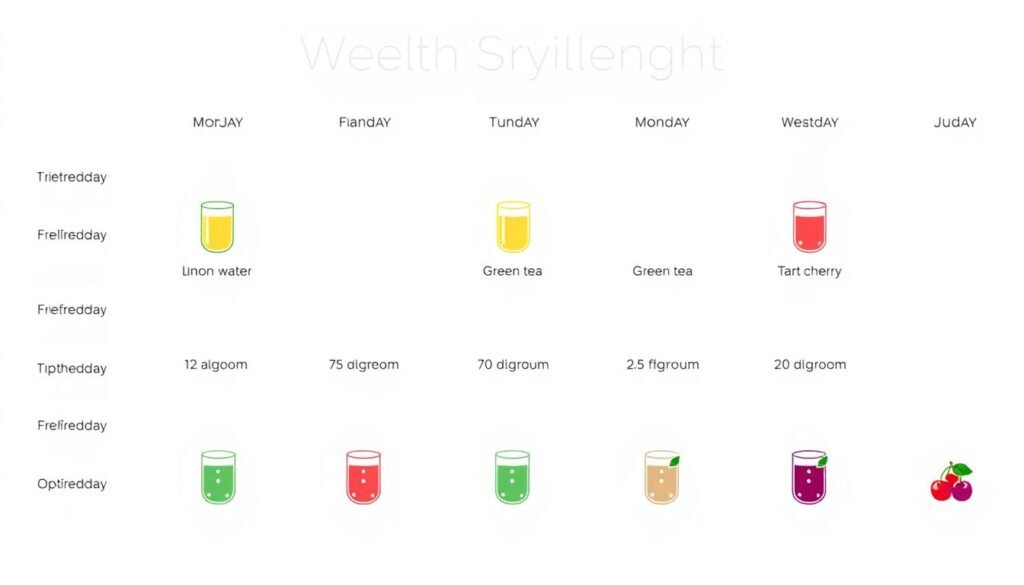
Incorporating these drinks into your daily routine doesn’t have to be overwhelming. Here’s a simple framework to help you get started:
Morning Routine:
- Start with lemon water + baking soda on an empty stomach
- Enjoy green tea or matcha with breakfast
- Drink hydrogen water mid-morning
Afternoon & Evening:
- ACV drink 15-30 minutes before lunch and dinner
- Second cup of green tea mid-afternoon
- Tart cherry & blueberry juice in the evening
Important Reminder: These beverages should complement, not replace, conventional cancer treatments. Always discuss dietary changes with your healthcare team, especially during active treatment.
Track Your Progress
Download our free Metabolic Health Beverage Tracker to monitor how these drinks affect your energy, sleep, and overall wellbeing.
The Science Behind These Cancer-Fighting Beverages
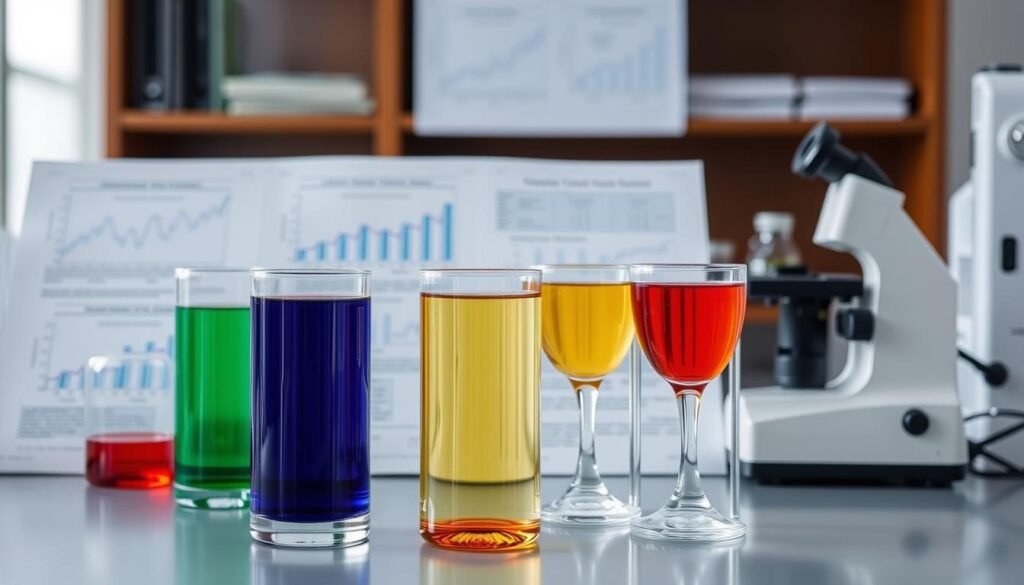
While research on dietary approaches to cancer is still evolving, numerous studies support the potential benefits of the beverages discussed in this article:
| Beverage | Key Compounds | Research Evidence |
| Green Tea/Matcha | EGCG, Catechins | Multiple studies show EGCG inhibits tumor growth, induces cancer cell death, and blocks angiogenesis in laboratory and animal models. |
| Hydrogen Water | Molecular Hydrogen (H₂) | Research in Medical Gas Research journal shows H₂ selectively reduces harmful oxidative stress while protecting mitochondrial function. |
| Tart Cherry Juice | Melatonin, Anthocyanins | Studies in Journal of Pineal Research demonstrate melatonin’s ability to induce apoptosis in cancer cells and inhibit angiogenesis. |
| Lemon Water + Baking Soda | Citric Acid, Sodium Bicarbonate | Research shows cancer cells create acidic microenvironments; buffering this acidity may help impede their growth. |
| Apple Cider Vinegar | Acetic Acid, Polyphenols | Studies show acetic acid can induce apoptosis in cancer cells and help regulate blood glucose levels. |
It’s important to note that most research on these beverages has been conducted in laboratory settings or animal models. Human clinical trials are still limited, which is why these approaches should be considered complementary to conventional treatment.
Creating Your Cancer-Starving Beverage Protocol

While no single drink can cure cancer, the beverages discussed in this article may help create an internal environment where cancer cells struggle to thrive. By incorporating these drinks into a comprehensive approach that includes proper nutrition, physical activity, stress management, and conventional medical treatment, you may be able to support your body’s natural healing processes.
“The goal isn’t to rely solely on these beverages, but to integrate them into a comprehensive approach that supports your body’s natural ability to fight cancer while undergoing appropriate medical treatment.”
Remember that consistency is key. These beverages may offer the most benefit when consumed regularly as part of a long-term lifestyle approach rather than as a short-term intervention.
Medical Disclaimer: This article is for informational purposes only and is not intended to replace professional medical advice. Always consult with qualified healthcare providers regarding any dietary changes, especially during cancer treatment.
Consult With A Specialist
For personalized guidance on integrating these beverages into your cancer care plan, consider consulting with an oncology dietitian or integrative oncology specialist.






